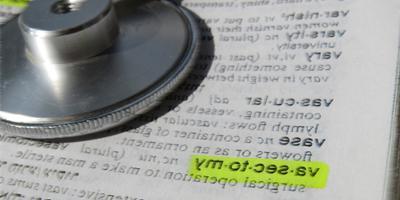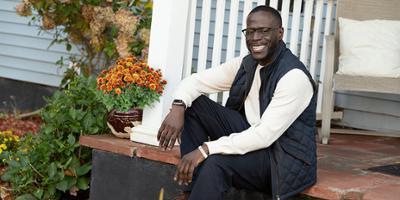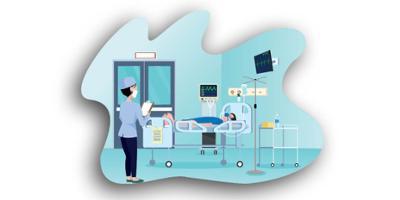8 considerations for over-the-counter hearing aids
1 -- Adults can now buy them over the counter without a prescription or hearing exam, although a hearing exam with an audiologist is usually paid for by health insurance.
2 -- Neither Medicare, the government health plan for seniors, nor most private health insurers pay for hearing aids, which can cost a few hundred to several thousand dollars, depending on features.
3 -- Over-the-counter hearing aids are for people with “mild to moderate” hearing loss. Symptoms include speech or other sounds seeming muffled; trouble hearing when you are in a group, in a noisy area, on the phone or when you can’t see who is talking; asking others to speak more slowly or clearly, to talk louder or to repeat what they said; turning the volume higher than other people prefer when watching TV or listening to the radio or music.
4 -- If you have trouble hearing conversations in quiet settings, or trouble hearing loud sounds like cars or trucks, noisy appliances or loud music, your hearing loss may be more severe — and warrants a consultation with a hearing health professional, such as an audiologist
5 -- Hearing aids purchased through audiologists in New York state have a 45-day trial period during which you can return the hearing aids for a refund. Ask about the return policy if you’re buying over the counter.
6 -- If you choose the right design and they fit properly, hearing aids can be so comfortable that you forget you’re wearing them. (But remember: They are electronic devices and should not be used in a pool or shower.)
7 -- Understanding the optional features — directional microphones, remote control, wireless connectivity and more — may require a bit of research.
8 -- The first incarnations of hearing aids in the early 1900s were boxes that people would put in their pockets with wires running up to their ears. Hearing aids grew in popularity after World War II, when many veterans came home with a hearing loss. Since then, the devices have continued to shrink.
Sources: Upstate audiologist Erin Bagley, AuD -- she discusses hearing aids in this interview; the American Academy of Audiology; the American Speech-Language-Hearing Association; and the National Institute on Deafness and Other Communication Disorders.
This article appears in the 2024 Upstate Health magazine, Issue 1.





